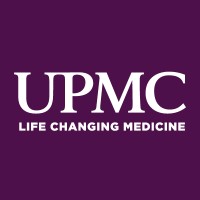FAQs
What unit will I be working on as a Graduate Nurse in the Surgical Oncology to OR/Surgical Track program at UPMC Passavant?
You will be working on the 6 South Surgical Oncology Unit at UPMC Passavant.
What is the goal of the Fast Track Surgical/OR program for new graduate nurses?
The goal of the program is to equip new graduate nurses with the skills needed to become successful and confident in caring for the diverse patient population at UPMC Passavant.
Will I receive training and support during my time in the program?
Yes, the program is designed to provide new graduate and experienced nurses with the knowledge and skill set required to care for patients at UPMC Passavant. Training and support will be provided throughout your time in the program.

